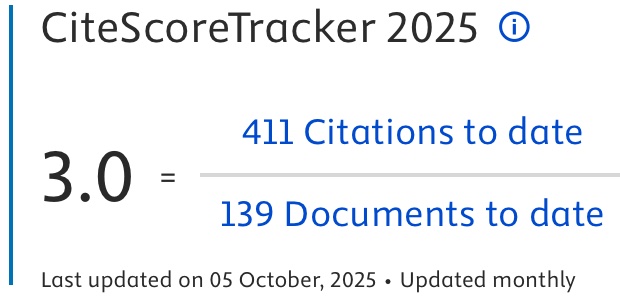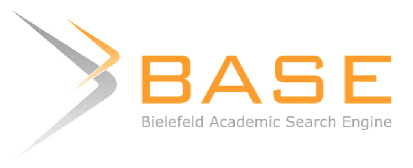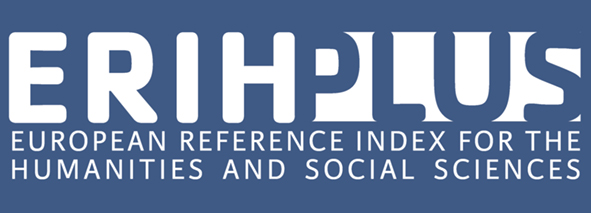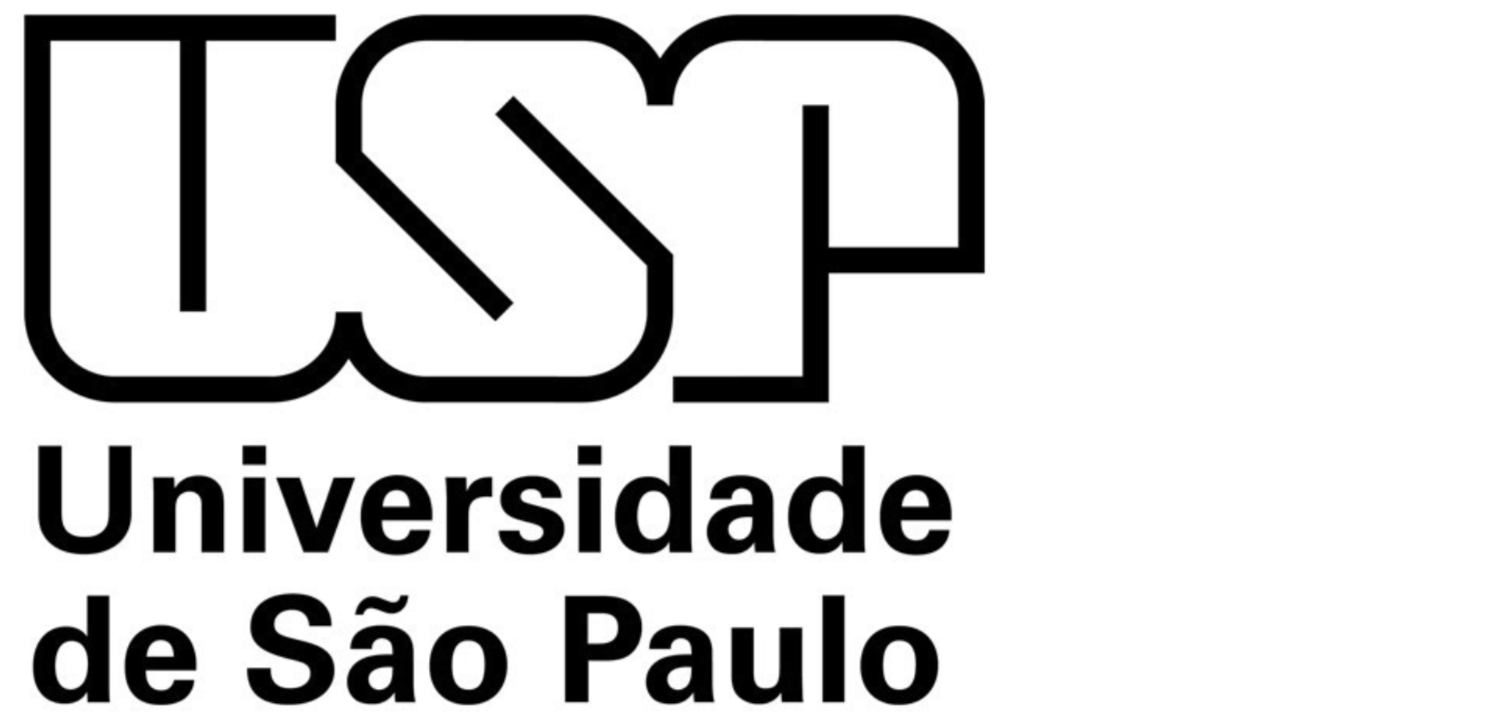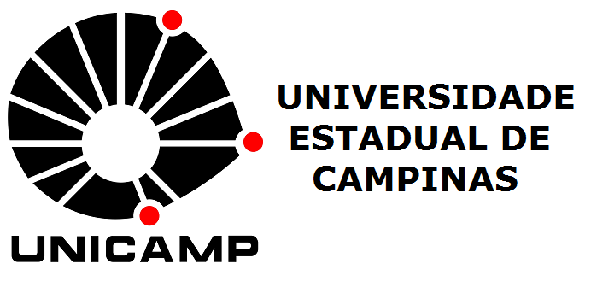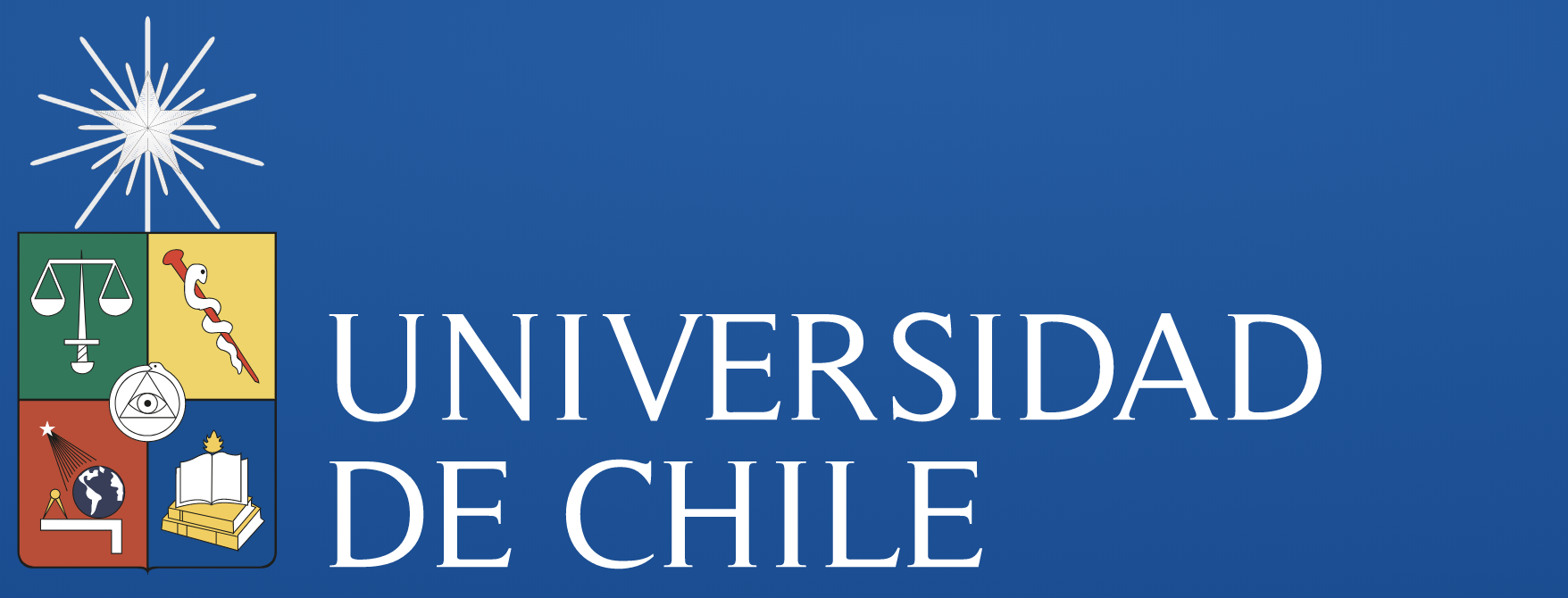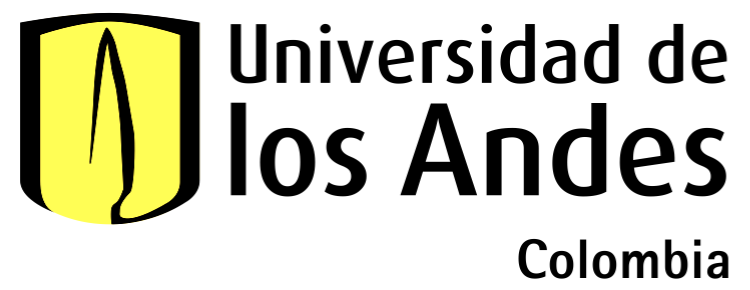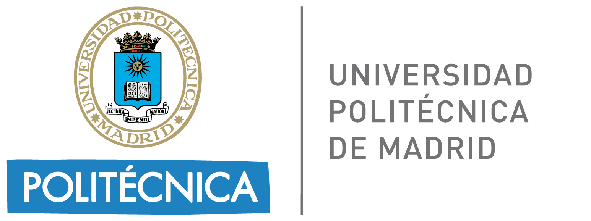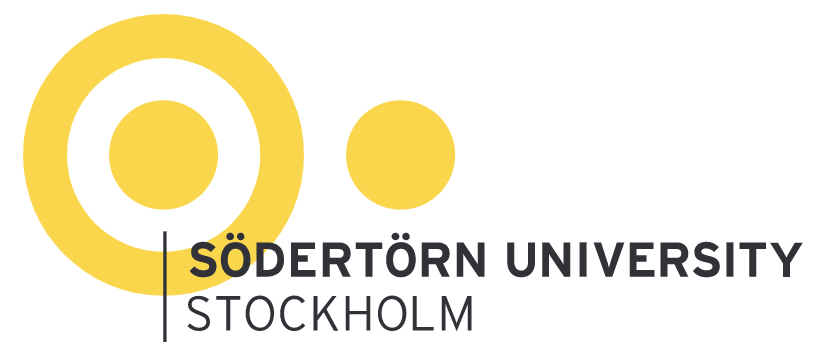Pro-social materials – Sustainable models powered by quality education
DOI:
https://doi.org/10.69143/2464-9309/17262025Keywords:
inclusive education, fragile communities, territorial materials, local micro-entrepreneurship, academia-community synergyAbstract
A ‘quality education’ is a fundamental engine for reducing social inequalities. However, vulnerable communities often do not have access to training programs that provide skills related to circularity and sustainability issues. In this light, the paper illustrates a research project that explores an innovative educational framework centred on developing sustainable materials starting from local by-products, fostering a connection between the University and the territory. The Bioloop Factory project exemplifies this approach by integrating co-design methodologies, principles of circular economy, and community engagement: through participatory processes, the project facilitated knowledge transfer, offered new opportunities to vulnerable communities, and supported the development of inclusive small-scale production chains (micro-supply chains), proving to be a replicable model for sustainable development.
Article info
Received: 14/03/2025; Revised: 19/04/2025; Accepted: 21/04/2025
Downloads
Article Metrics Graph
References
Allione, C., De Giorgi, C., Lerma, B. and Petruccelli, L. (2012), “From ecodesign products guidelines to materials guidelines for a sustainable product – Qualitative and quantitative multicriteria environmental profile of a material”, in Energy, vol. 39, issue 2, pp. 90-99. [Online] Available at: doi.org/10.1016/j.energy.2011.08.055 [Accessed 17 April 2025].
Allwood, J. M., Cullen, J. M. and Carruth, M. A. (2012), Sustainable materials – With both eyes open – Future buildings, ve-hicles, products and equipment – Made efficiently and made with less material, UIT Cambridge Limited, Cambridge (UK).
Arioli, M. (2024), NOStraw – Exploiting agricultural waste from Parco Sud Milano for social redevelopment within Nosedo Off-Campus, Mater Thesis in Design and Engineering, Supervisor Prof. Del Curto, B., Co-Supervisors Marinelli, A. and Papile, F., Politecnico di Milano. [Online] Available at: hdl.handle.net/10589/218603 [Accessed 17 April 2025].
Ashby, M. F. (2022), Materials and sustainable development, Butterworth-Heinemann, Amsterdam.
Ashby, M. F. (2012), Materials and the Environment – Eco-informed Material Choice, Butterworth-Heinemann, Waltham (MA).
ASviS (2022), Educazione allo sviluppo sostenibile e alla cittadinanza globale – Target 4.7. [Online] Available at: asvis.it/public/asvis2/files/ Pubblicazioni/QuadernoASviS_EducazioneSviluppoSostenibile_ott2022.pdf [Accessed 17 April 2025].
Barbero, S. and Ferrulli E. (2023), “Transizione ecologica e digitale – Il Design Sistemico nei processi di innovazione aperta delle PMI | Ecological and digital transition – Systemic Design in SMEs open innovation processes”, in Agathón | Interna-tional Journal of Architecture, Art and Design, vol. 13, pp. 269-280. [Online] Available at: doi.org/10.19229/2464-9309/13232023 [Accessed 17 April 2025].
Bocken, N. M. P., de Pauw, I., Bakker, C. and van der Grinten, B. (2016), “Product design and business model strategies for a circular economy”, in Journal of Industrial and Production Engineering, vol. 33, issue 5, pp. 308-320. [Online] Available at: doi.org/10.1080/21681015.2016.1172124 [Accessed 17 April 2025].
Bontempi, E., Sorrentino, G. P., Zanoletti, A., Alessandri, I., Depero, L. E. and Caneschi, A. (2021), “Sustainable Materials and their Contribution to the Sustainable Development Goals (SDGs) – A Critical Review Based on an Italian Example”, in Mol-ecules, vol. 26, issue 5, article 1407, pp. 1-26. [Online] Available at: doi.org/10.3390/molecules26051407 [Accessed 17 April 2025].
Bruzzese, A. (2024), “Municipi a Milano – Ruoli, opportunità e limiti nello scambio tra istituzioni iperlocali e cittadinanza”, in Tracce Urbane | Rivista Italiana Transdisciplinare di Studi Urbani, vol. 12, issue 16, pp. 230-250. [Online] Available at: doi.org/10.13133/2532-6562/18866 [Accessed 17 April 2025].
Diez, T. (2012), “Personal fabrication – Fab Labs as Platforms for Citizen-Based Innovation, from Microcontrollers to Cities”, in Nexus Network Journal | Architecture and Mathematics, vol. 14, issue 3, pp. 457-468. [Online] Available at: doi.org/10.1007/s00004-012-0131-7 [Accessed 17 April 2025].
Elkington, J. (1997), Cannibals with Forks – The Triple Bottom Line of 21st Century Business, Capstone Publishing, Oxford.
Italia, M., Papile, F., Santi, R. and Del Curto, B. (2023), “Sustainable Material Selection Framework – Taxonomy and Systema-tisation of Design Approaches to Sustainable Material Selection”, in Sustainability, vol. 15, issue 24, article 16689, pp. 1-22. [Online] Available at: doi.org/10.3390/su152416689 [Accessed 17 April 2025].
Kandachar, P. (2014), “Chapter 7 – Materials and social sustainability”, in Karana, E., Pedgley, O. and Rognoli, V. (eds), Mate-rials Experience – Fundamentals of Material and Design, Butterworth-Heinemann, Oxford, pp. 91-103. [Online] Available at: doi.org/10.1016/B978-0-08-099359-1.00007-2 [Accessed 17 April 2025].
Karana, E., Barati, B., Rognoli, V. and Zeeuw van der Laan, A. (2015), “Material Driven Design (MDD) – A Method to Design for Material Experiences”, in International Journal of Design, vol. 9, issue 2, pp. 35-54. [Online] Available at: ijde-sign.org/index.php/IJDesign/article/view/1965 [Accessed 17 April 2025].
Korhonen, J., Honkasalo, A. and Seppälä, J. (2018), “Circular economy – The concept and its limitations”, in Ecological Eco-nomics, vol. 143, pp. 37-46. [Online] Available at: doi.org/10.1016/j.ecolecon.2017.06.041 [Accessed 17 April 2025].
Manzini, E. (2015), Design, When Everybody Designs – An Introduction to Design for Social Innovation, MIT Press, Cam-bridge (MA).
Manzini, E. and D’Alena, M. (2024), Fare Assieme – Una nuova generazione di servizi pubblici collaborativi, Egea, Milano.
Papile, F., Santi, R. and Del Curto, B. (2024), “Urban Material Gardens – Materiali che parlano del territorio”, in Di Bucchiani-co, G. and Marano, A. (eds), Design per la Diversità | Conferenza SID 2023 – Atti della conferenza annuale della società italiana di design, Pescara, Italy, June 12-13, 2023, Società Italiana di Design, Milano, pp. 208-217.
Politecnico di Milano (n.d.), Piano Strategico di Sostenibilità. [Online] Available at: polimi.it/il-politecnico/chi-siamo/documenti-strategici/piano-strategico-di-sostenibilita [Accessed 17 April 2025].
Purvis, B., Mao, Y. and Robinson, D. (2019), “Three pillars of sustainability – In search of conceptual origins”, in Sustaina-bility Science, vol. 14, pp. 681-695. [Online] Available at: doi.org/10.1007/s11625-018-0627-5 [Accessed 17 April 2025].
Rapp, A. C. and Corral-Granados, A. (2021), “Understanding inclusive education – A theoretical contribution from system theory and the constructionist perspective”, in International Journal of Inclusive Education, vol. 28, issue 4, pp. 423-439. [Online] Available at: doi.org/10.1080/13603116.2021.1946725 [Accessed 17 April 2025].
Rukmana, D. (2024), “Vulnerable Populations”, in Maggino, F. (ed.), Encyclopedia of Quality of Life and Well-Being Re-search – Second Edition, Springer, Cham, pp. 7573-7576. [Online] Available at: doi.org/10.1007/978-3-031-17299-1_3184 [Accessed 17 April 2025].
Russo, C. (2024), “Il valore della progettazione partecipativa per una nuova scuola generativa di territori inclusivi”, in La scuola (e gli altri luoghi di educazione e formazione) sono di tutte e tutti?, vol. 21, issue 44, pp. 126-137. [Online] Avai-lable at: doi.org/10.19241/lll.v21i44.860 [Accessed 17 April 2025].
Santi, R., Sossini, L., Italia, M., D’Ambrosio, S., Zurlo, F. and Del Curto, B. (2022), “Materials for SDGs – A Synergy Towards Sustainable Development”, in Diid | Disegno Industriale Industrial Design, vol. 76, pp. 102-113. [Online] Available at: doi.org/10.30682/diid7622i [Accessed 17 April 2025].
Schembri, M. (2024), Strawlife – New materials from agricultural waste for social reintegration and development, Mater Thesis in Design and Engineering, Supervisor Del Curto, B., Co-Supervisors Marinelli, A. and Papile, F., Politecnico di Mila-no. [Online] Available at: hdl.handle.net/10589/218743 [Accessed 17 April 2025].
Szarka, N., García Laverde, L., Thrän, D., Kiyko, O., Ilkiv, M., Moravčíková, D., Cudlínová, E., Lapka, M., Hatvani, N., Koós, Á., Luks, A. and Martín Jimenez, I. (2023), “Stakeholder Engagement in the Co-Design of Regional Bioeconomy Strategies”, in Sustainability, vol. 15, issue 8, article 6967, pp. 1-37. [Online] Available at: doi.org/10.3390/su15086967 [Accessed 17 April 2025].
UN – United Nations (2015), Transforming Our World – The 2030 Agenda for Sustainable Development. [Online] Availa-ble at: sustainabledevelopment.un.org/post2015/transformingourworld/publication [Accessed 17 April 2025].
Veselova, E. and Gaziulusoy, I. (2022), “Bioinclusive Collaborative and Participatory Design – A Conceptual Framework and a Research Agenda”, in Design and Culture | The Journal of the Design Studies Forum, vol. 14, issue 2, pp. 149-183. [Online] Available at: doi.org/10.1080/17547075.2021.2019455 [Accessed 17 April 2025].
WCED – World Commission on Environment and Development (1987), Report of the World Commission on Environment and Development – Our Common Future. [Online] Available at: sustainabledevelop-ment.un.org/content/documents/5987our-common-future.pdf [Accessed 17 April 2025].
Zannoni, M., Succini, L., Rosato, L. and Pasini, V. (2024), “Transitional industrial designer – La responsabilità di progettisti e imprese per una transizione sostenibile | Transitional industrial designer – The responsibility of designers and companies for a sustainable transition”, in Agathón | International Journal of Architecture, Art and Design, vol. 15, pp. 332-343. [Online] Available at: doi.org/10.19229/2464-9309/15282024 [Accessed 17 April 2025].
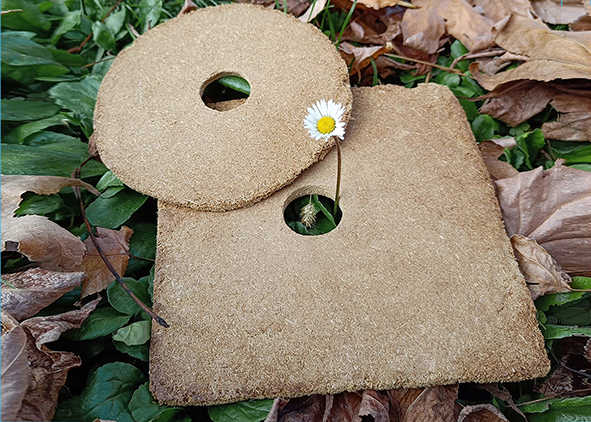
Downloads
Published
How to Cite
Issue
Section
Categories
License
Copyright (c) 2025 Barbara Del Curto, Sara Valassina, Romina Santi

This work is licensed under a Creative Commons Attribution 4.0 International License.
This Journal is published under Creative Commons Attribution Licence 4.0 (CC-BY).
License scheme | Legal code
This License allows anyone to:
Share: copy and redistribute the material in any medium or format.
Adapt: remix, transform, and build upon the material for any purpose, even commercially.
Under the following terms
Attribution: Users must give appropriate credit, provide a link to the license, and indicate if changes were made; users may do so in any reasonable manner, but not in any way that suggests the licensor endorses them or their use.
No additional restrictions: Users may not apply legal terms or technological measures that legally restrict others from doing anything the license permits.
Notices
Users do not have to comply with the license for elements of the material in the public domain or where your use is permitted by an applicable exception or limitation.
No warranties are given. The license may not give users all of the permissions necessary for their intended use. For example, other rights such as publicity, privacy, or moral rights may limit how you use the material.






